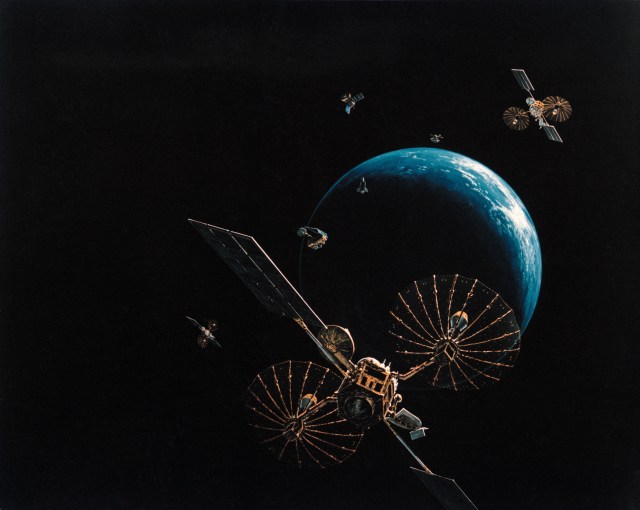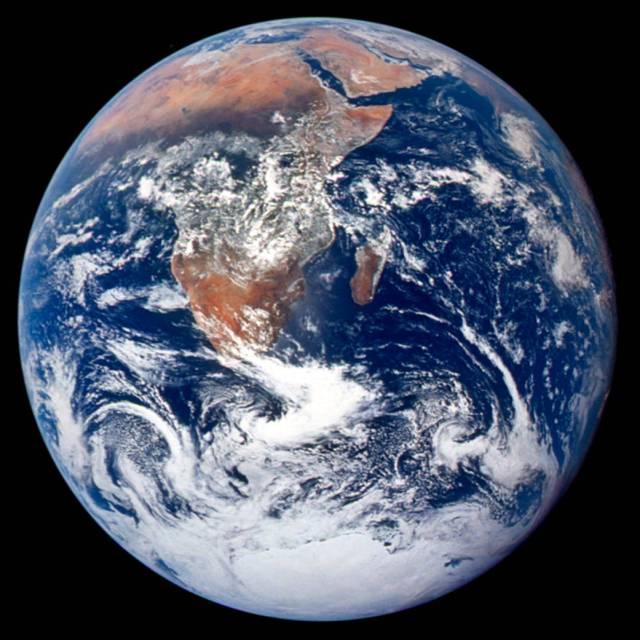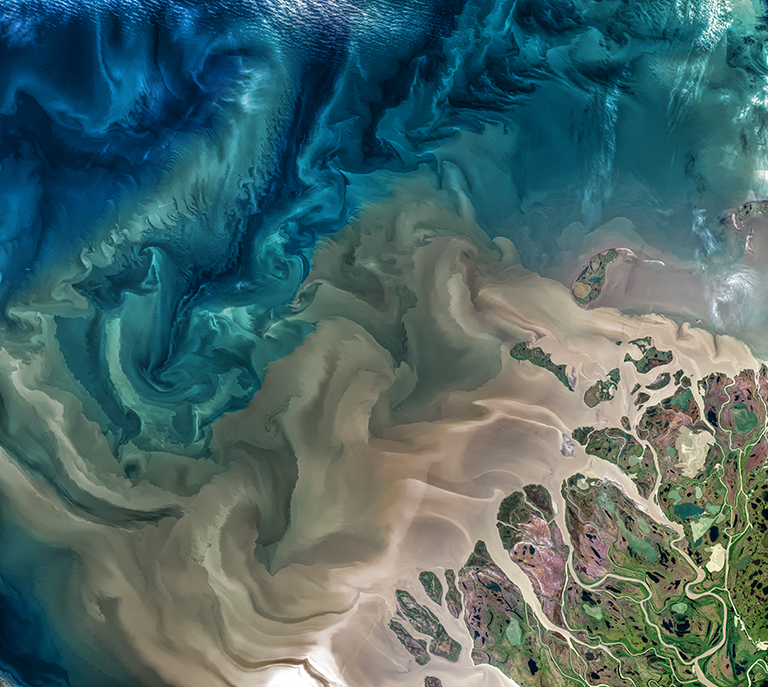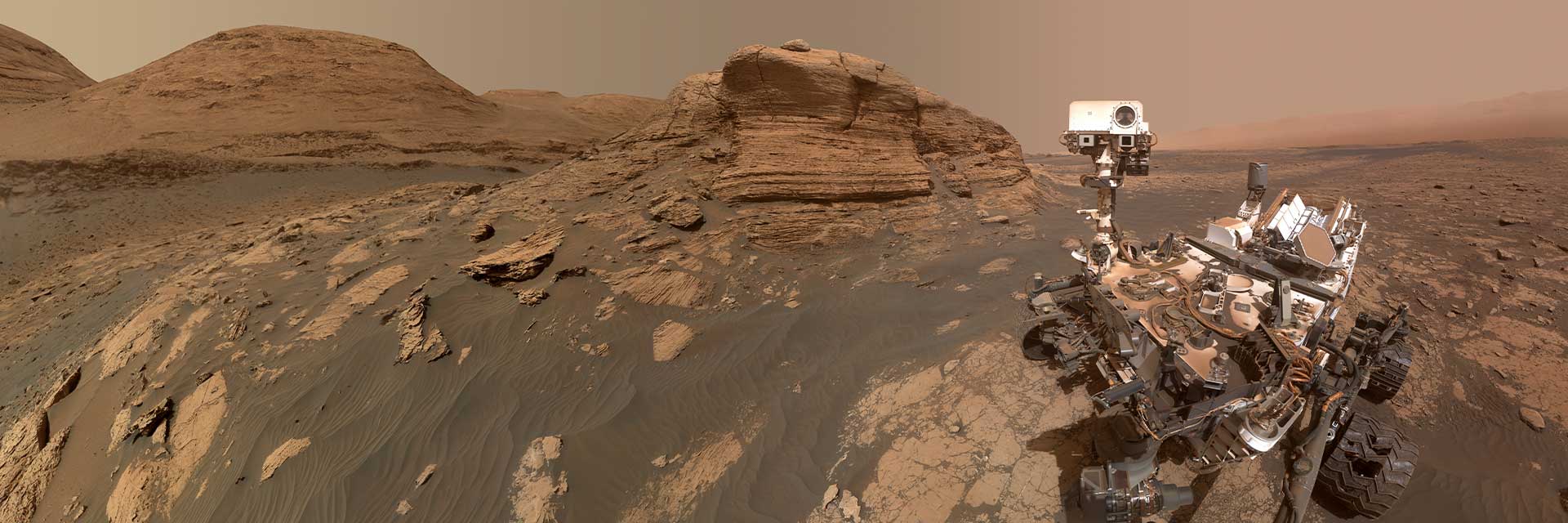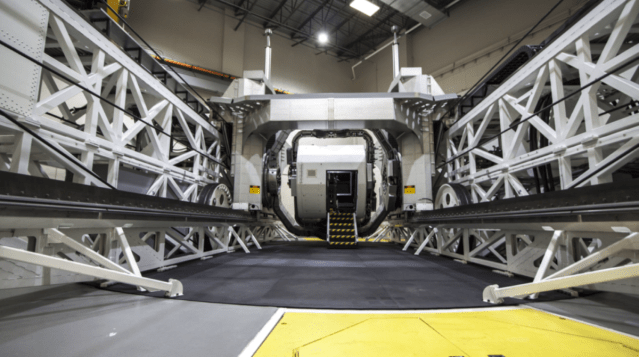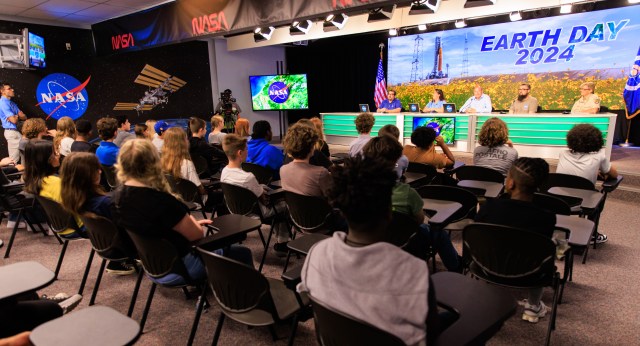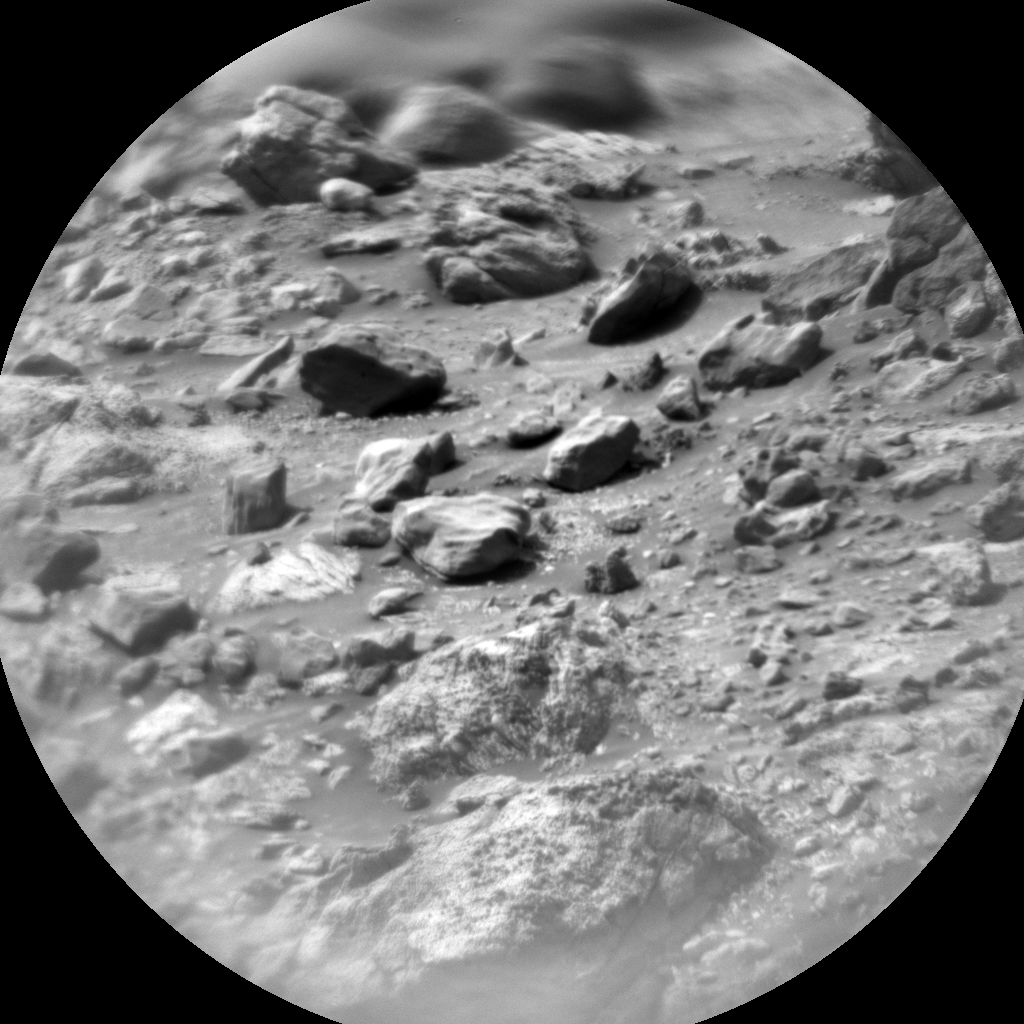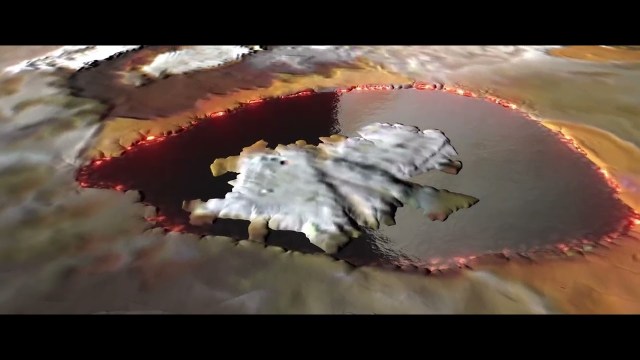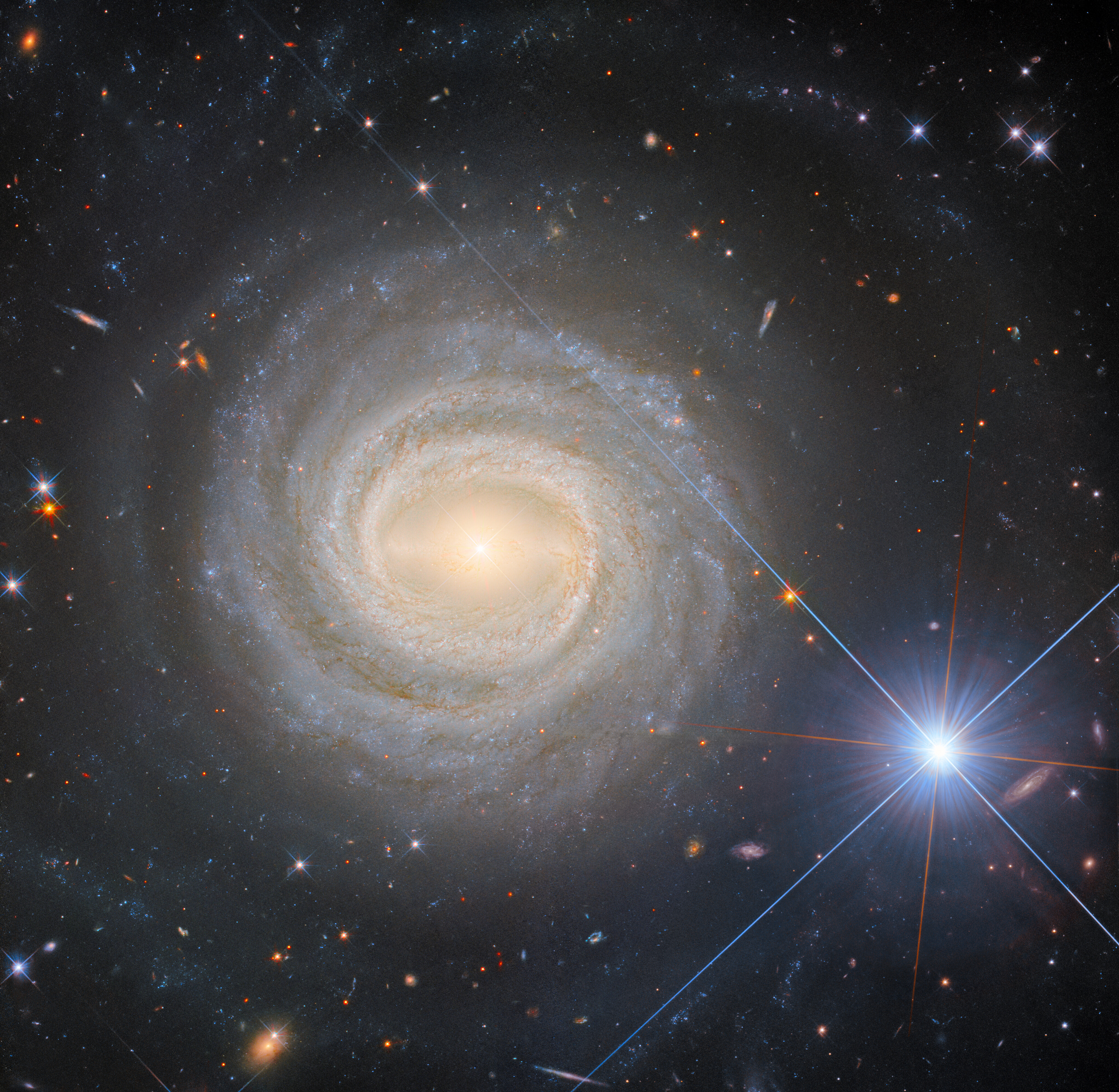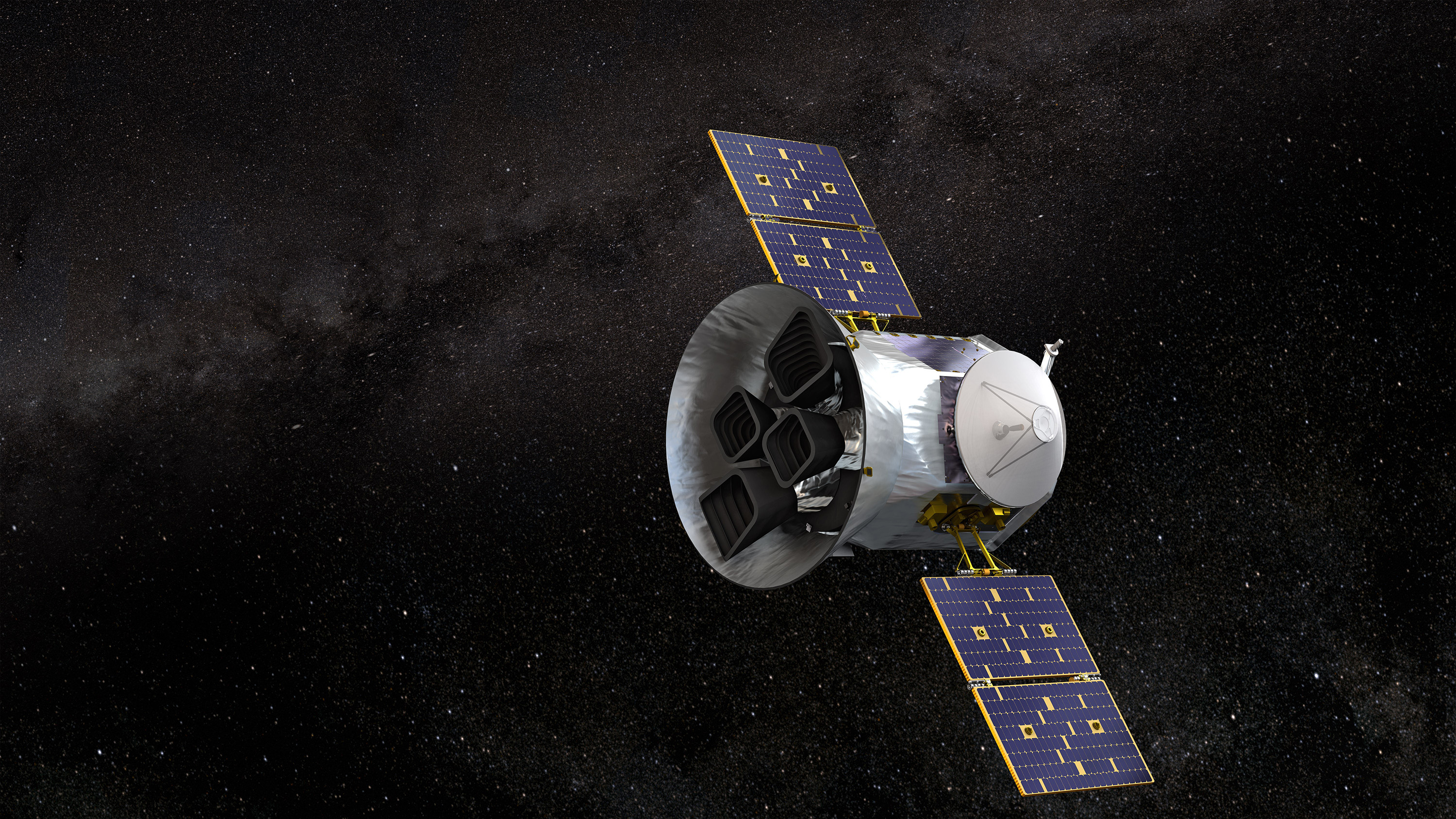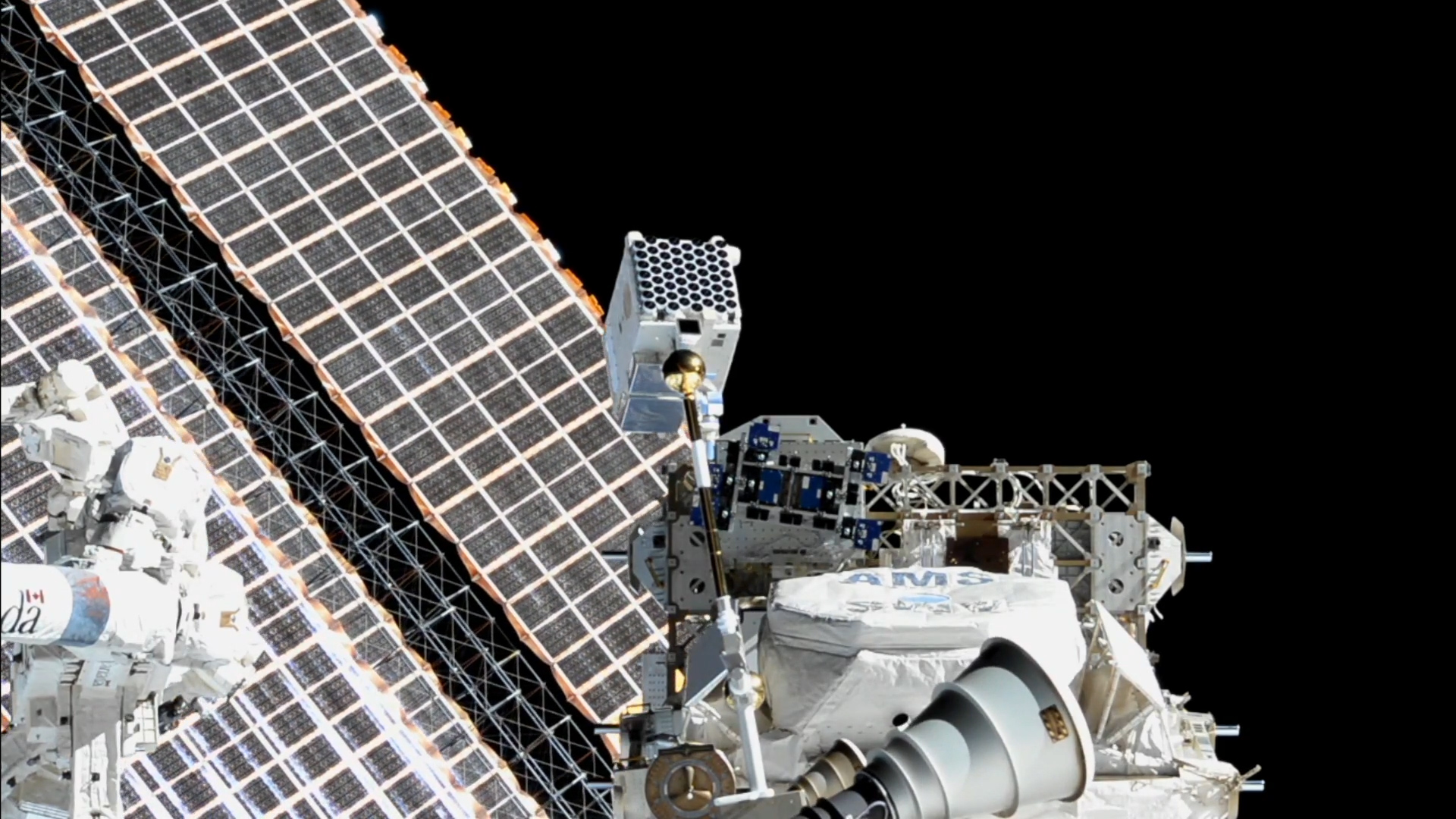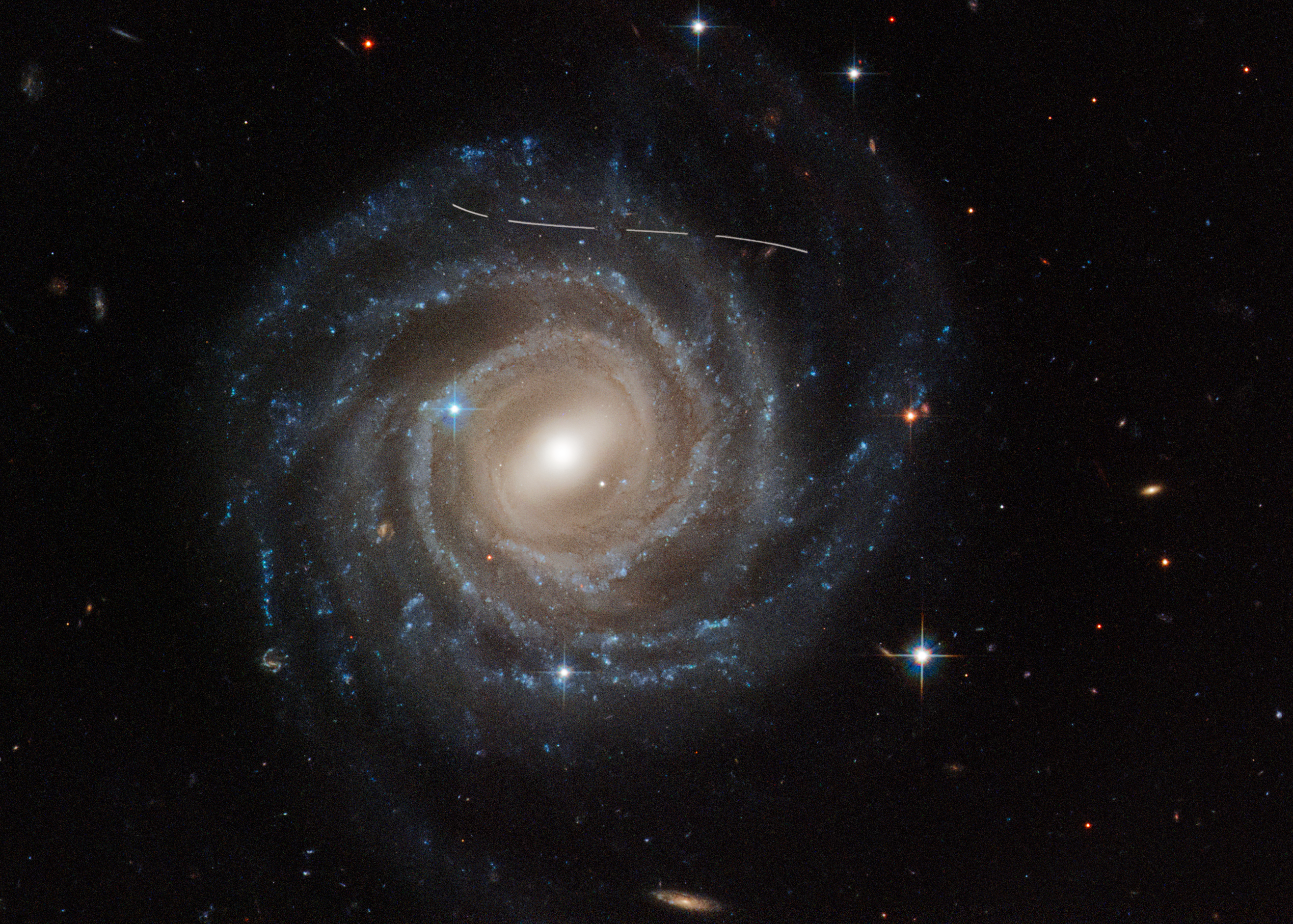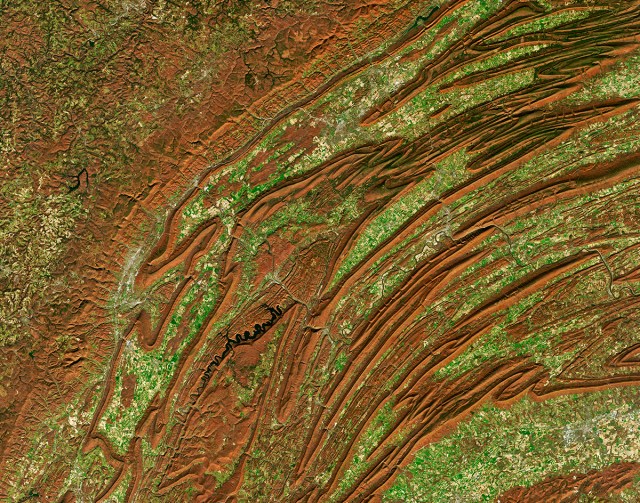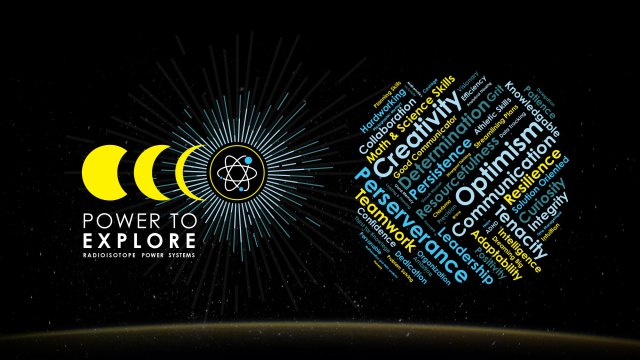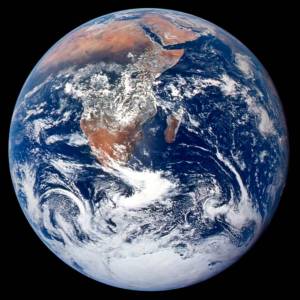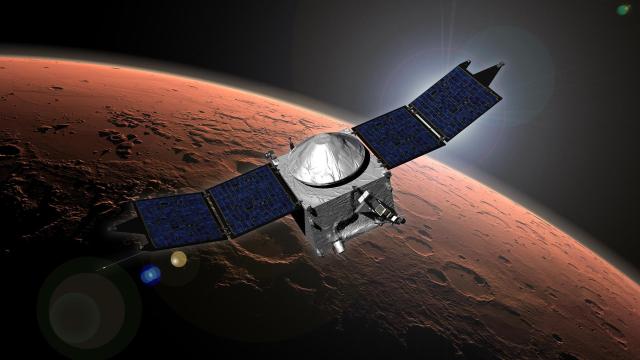
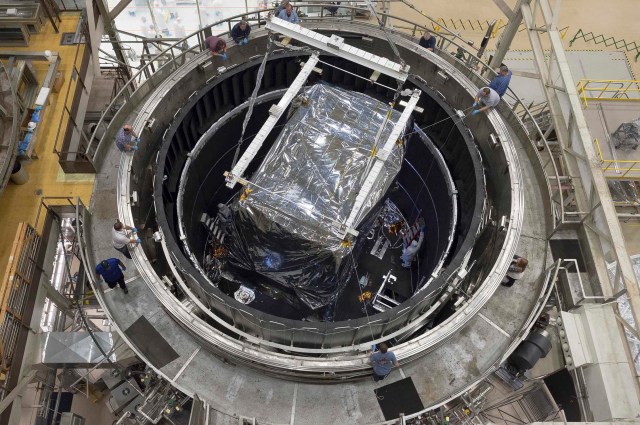
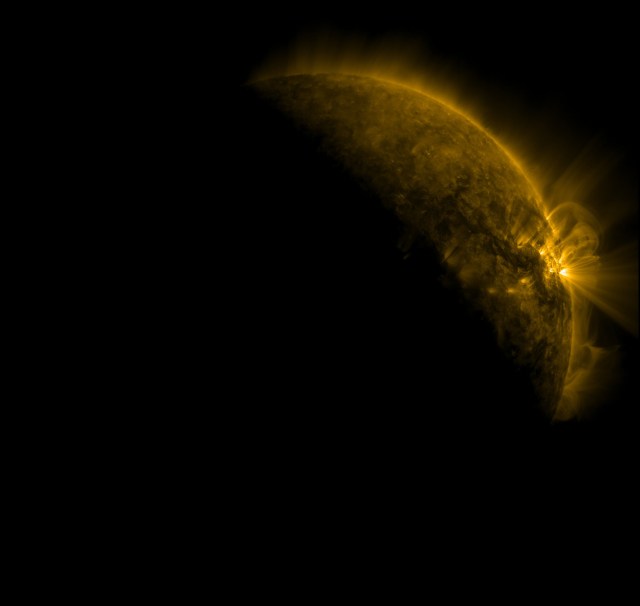
The Office of the Chief Knowledge Officer
The overarching purpose of the OCKO is to cultivate and sustain a learning culture at Goddard in support of mission success. We have instituted various processes and programs for lessons learned and critical knowledge identification, sharing, and application. The focus of the OCKO is to promote local learning practices that enhances domain-specific expertise within an expanded framework of how NASA works.
Lessons Learned Tools
Explore Goddard's tools for capturing, storing, and sharing Lessons Learned.
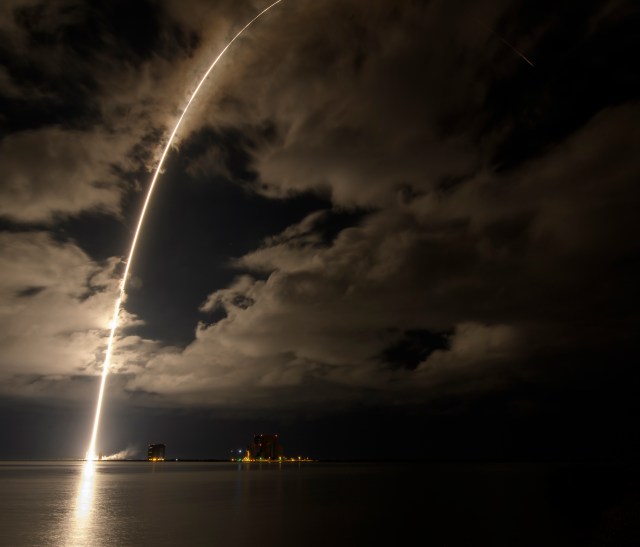
Goddard Knowledge Exchange
The GKE provides access/ links to GSFC lessons learned content and other knowledge artifacts from one central location within the Goddard library institutional repository.
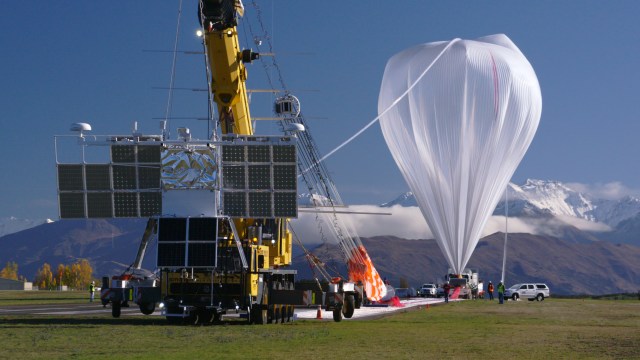
Case Studies
The Goddard OCKO has a large collection of case studies covering a wide range of missions and technical topics, including launch decision making, procurement, instrument development, risk management and systems engineering.
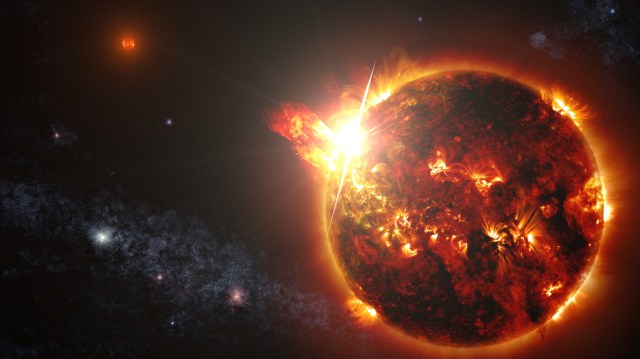
Pause and Learn
A Pause and Learn (PaL) session is a structured discussion that focuses on recent project developments, challenges, and critical milestones.
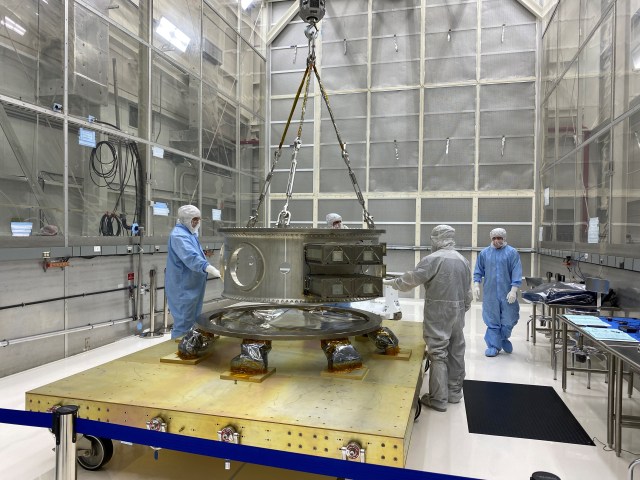
Lesson Capturing
These reflective learning experiences are designed collectively identify the critical drivers and enablers of project success for improvement and capture lessons for current and future teams.
Meet the CKO
Learn about Moses Adoko, Goddard's Chief Knowledge Officer
Learn More about Meet the CKO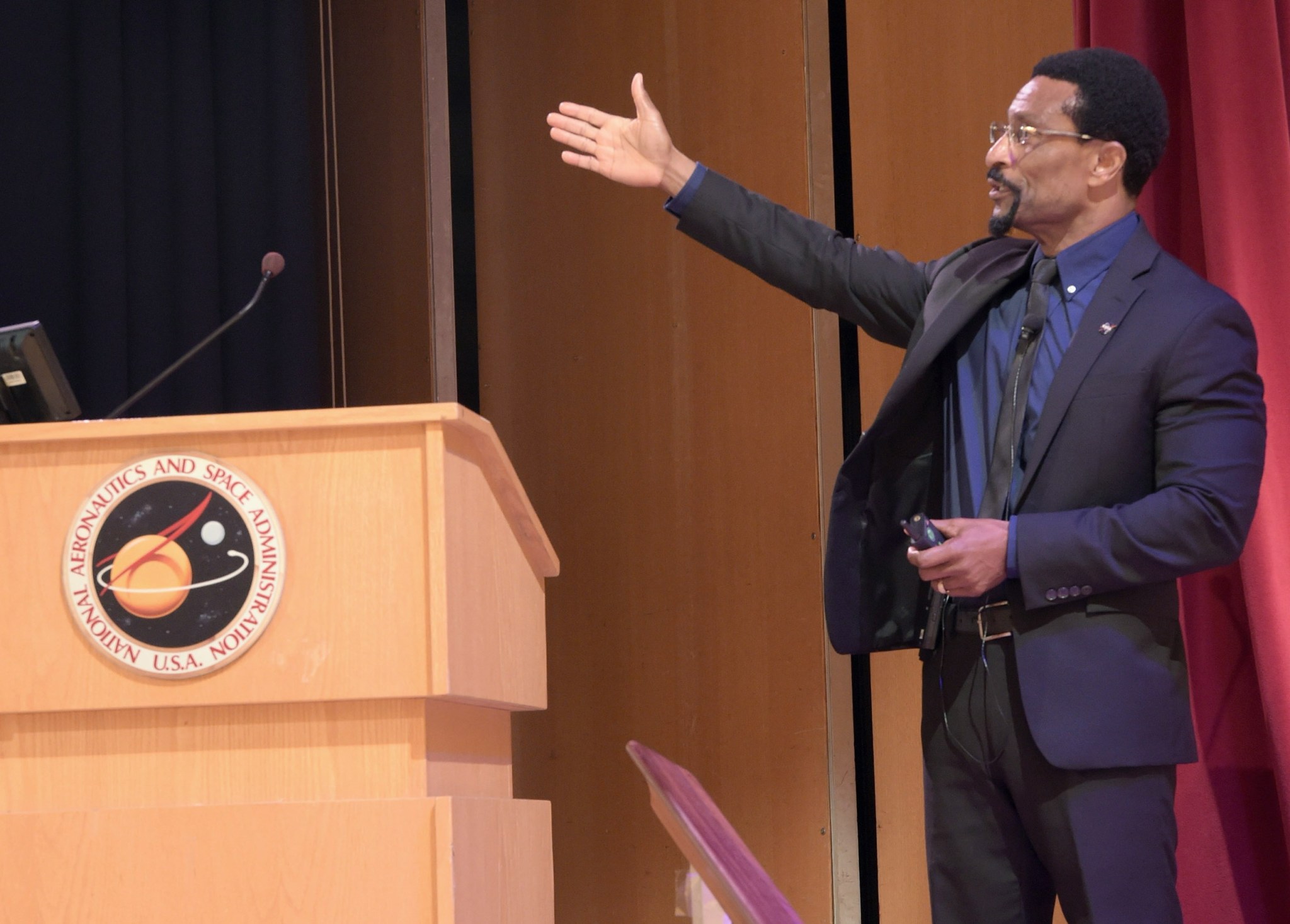
Workshops and Publications
Explore the workshops and publications of the Goddard OCKO.
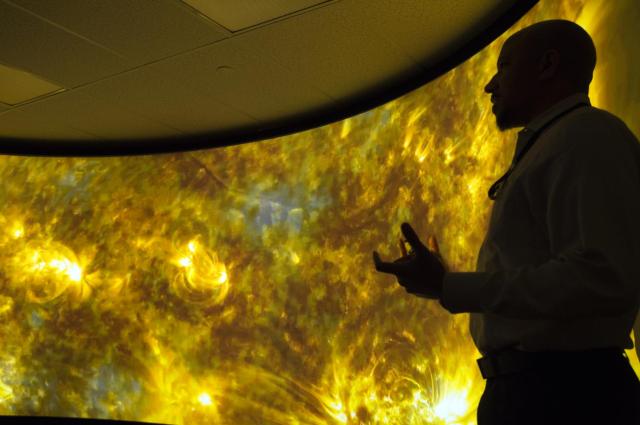
The Road to Mission Success Workshop
The Road to Mission Success (RTMS) workshop is an interactive learning series about Goddard's integrated approach to successful missions – the big picture view of how NASA and Goddard does business.
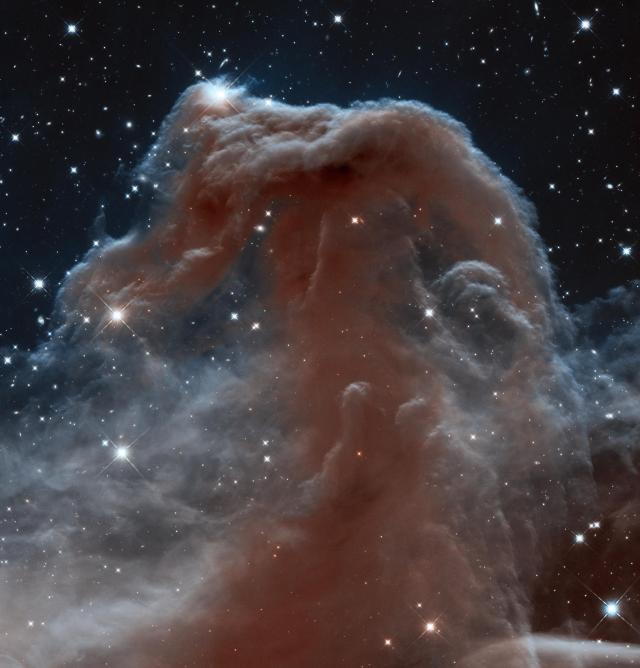
Knowledge Sharing Workshops
The Goddard learning culture thrives on opportunities to share and learn. The Goddard Knowledge Sharing Workshops (KSWs) are primarily focused on topics of relevance to mission success.
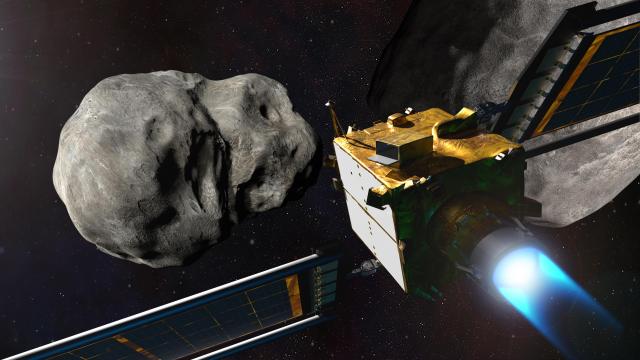
Lessons Learned Spotlight
The Lessons Learned Spotlight newsletter is a publication intended to highlight lessons learned from projects, case studies, and other critical knowledge areas to facilitate individual and institutional learning, and to increase the likelihood of mission success.
Previous OCKO Workshops
Explore the OCKO workshops of the past few years.
Learn More about Previous OCKO Workshops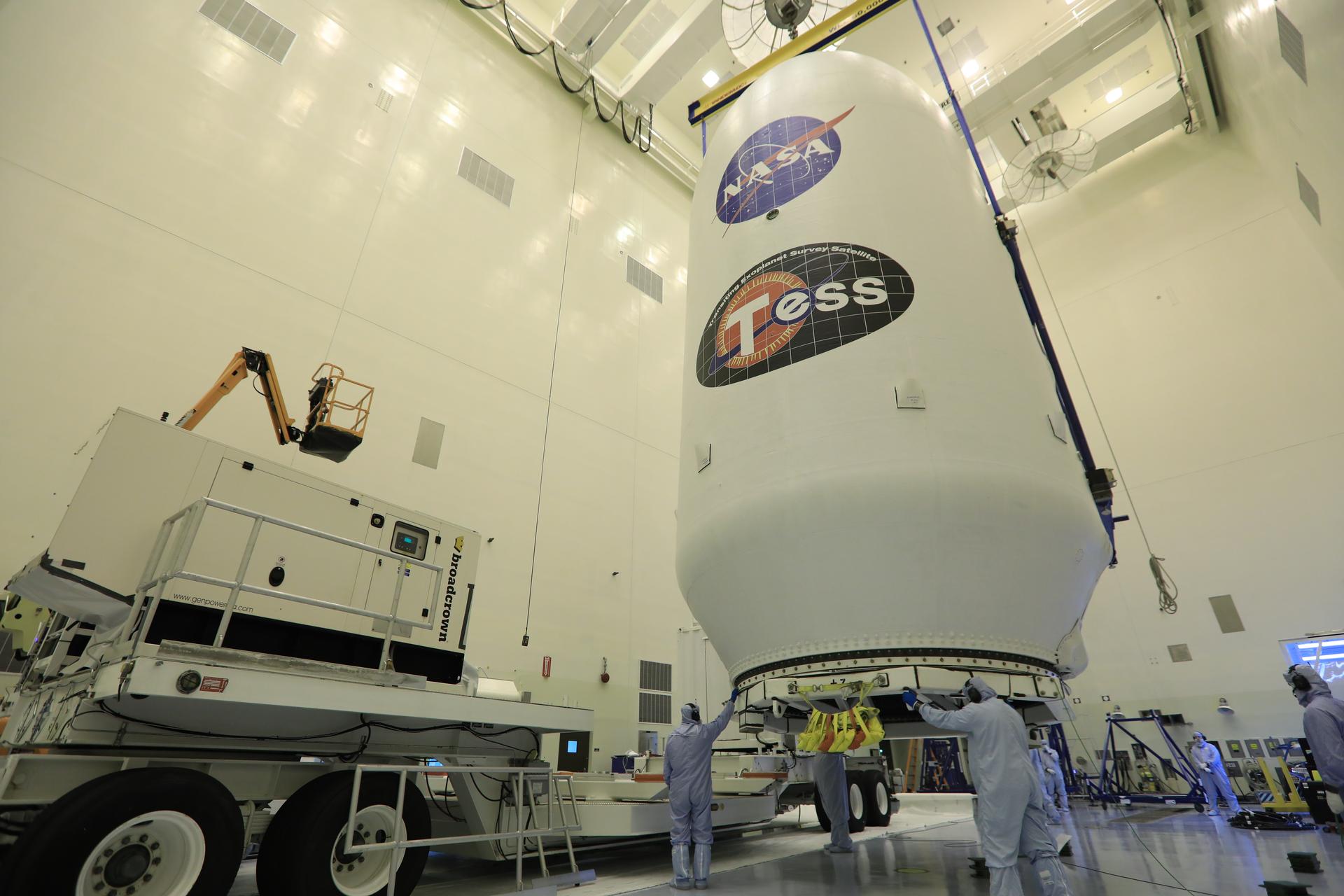
Knowledge Managment Resources
Find and explore critical knowledge links and artifacts, institutional knowledge assets, lessons learned from missions and projects, that drive mission success.
Learn More